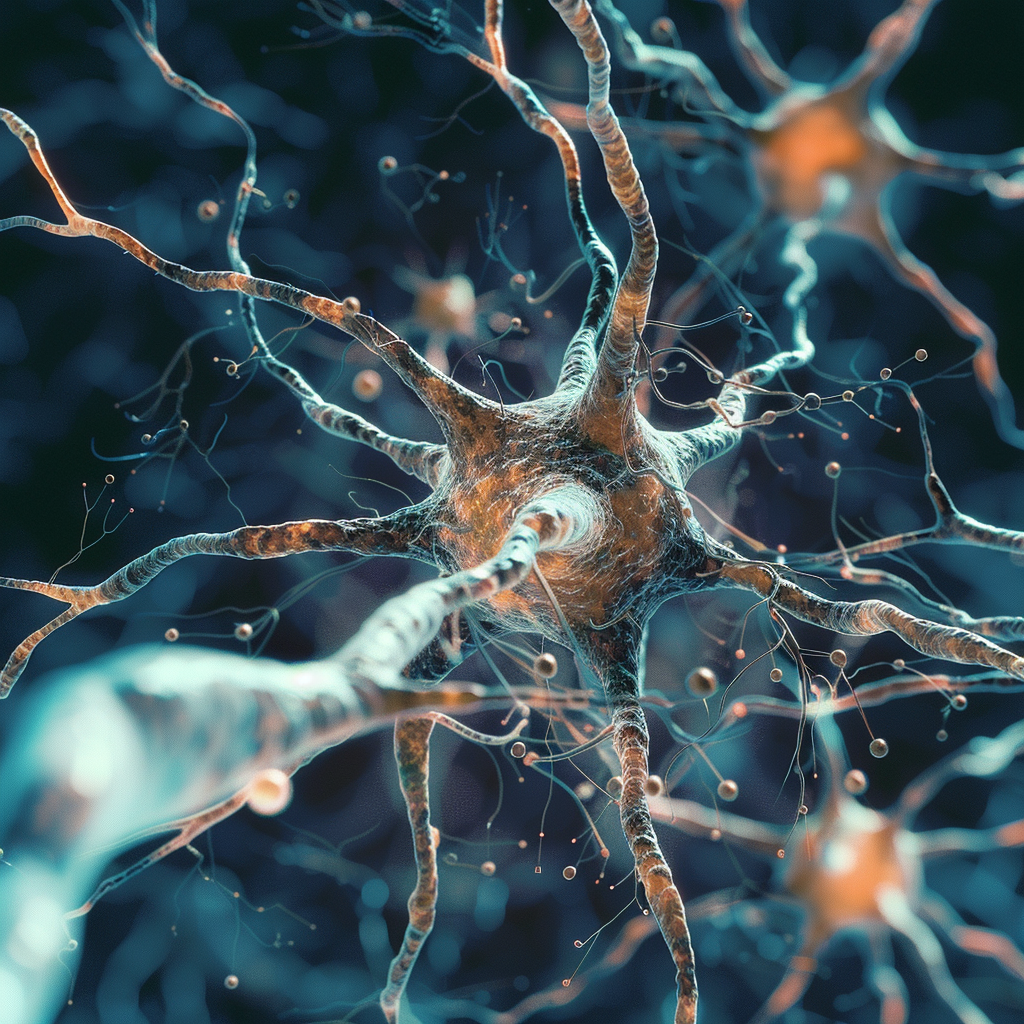Introduction
The vagus nerve, often called the body’s “superhighway,” plays a central role in connecting the gut to the brain. This critical nerve pathway helps regulate mood, digestion, and even cognitive function. Emerging research shows that activating the vagus nerve can lead to improved mental health and emotional resilience, making it a key focus for those interested in optimizing both gut and brain health.
Understanding the Vagus Nerve’s Role
The vagus nerve is the longest cranial nerve, extending from the brainstem down to the abdomen, and plays a crucial role in regulating many bodily functions. Known as the main component of the parasympathetic nervous system, it influences heart rate, digestion, and immune response. Its direct line of communication between the gut and brain allows it to send signals that impact our emotional and mental states (https://www.sciencedirect.com/topics/medicine-and-dentistry/vagus-nerve).
The Vagus Nerve and the Gut-Brain Axis
The vagus nerve is a primary driver of the gut-brain axis, a bidirectional communication system between the gut and the central nervous system. This nerve can transmit sensory information from the gut to the brain, such as the release of neurotransmitters like serotonin and dopamine, both of which influence mood and emotional balance (https://pubmed.ncbi.nlm.nih.gov/29593576/).
Vagus Nerve Stimulation and Mental Health
Stimulating the vagus nerve has been shown to positively impact mental health, particularly for those struggling with anxiety and depression. Research highlights that vagus nerve stimulation (VNS) can reduce symptoms of depression, as the nerve regulates the release of stress-related hormones, such as cortisol, and helps promote feelings of calm and focus (https://pubmed.ncbi.nlm.nih.gov/38885849/). Non-invasive VNS techniques are now being explored as effective alternatives to medication for managing mood disorders.
How Gut Health Impacts Vagus Nerve Function
A healthy gut is essential for optimal vagus nerve function. Beneficial gut bacteria can enhance vagal tone, which is a measure of the nerve’s activity and efficiency. Studies indicate that probiotics, particularly strains like Lactobacillus and Bifidobacterium, positively affect vagus nerve signaling, supporting improved mood and stress resilience (https://pmc.ncbi.nlm.nih.gov/articles/PMC8686316/).
Vagus Nerve Activation for Cognitive Support
Beyond mood, the vagus nerve also influences cognitive processes, including memory and focus. By promoting the release of brain-derived neurotrophic factor (BDNF), the vagus nerve helps support neuronal growth and cognitive resilience. BDNF is essential for learning and memory, and enhanced vagal tone has been linked to improved cognitive performance (https://pubmed.ncbi.nlm.nih.gov/31790720/).
Conclusion
The vagus nerve is an incredible communication link between the gut and brain, impacting everything from emotional balance to cognitive sharpness. Supporting vagus nerve health through gut-friendly practices and mindful lifestyle choices can optimize both mental and physical well-being. With its ability to influence mood, digestion, and focus, the vagus nerve truly is a superhighway worth nurturing.

